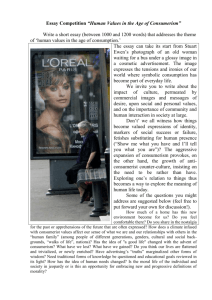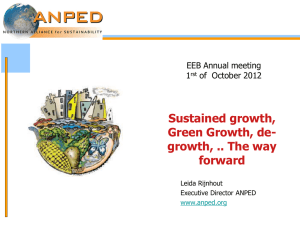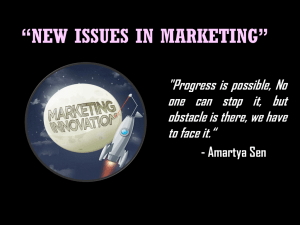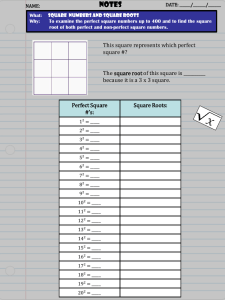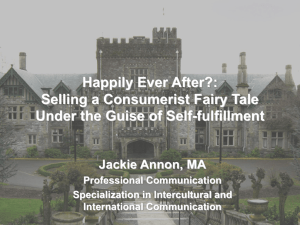File
advertisement
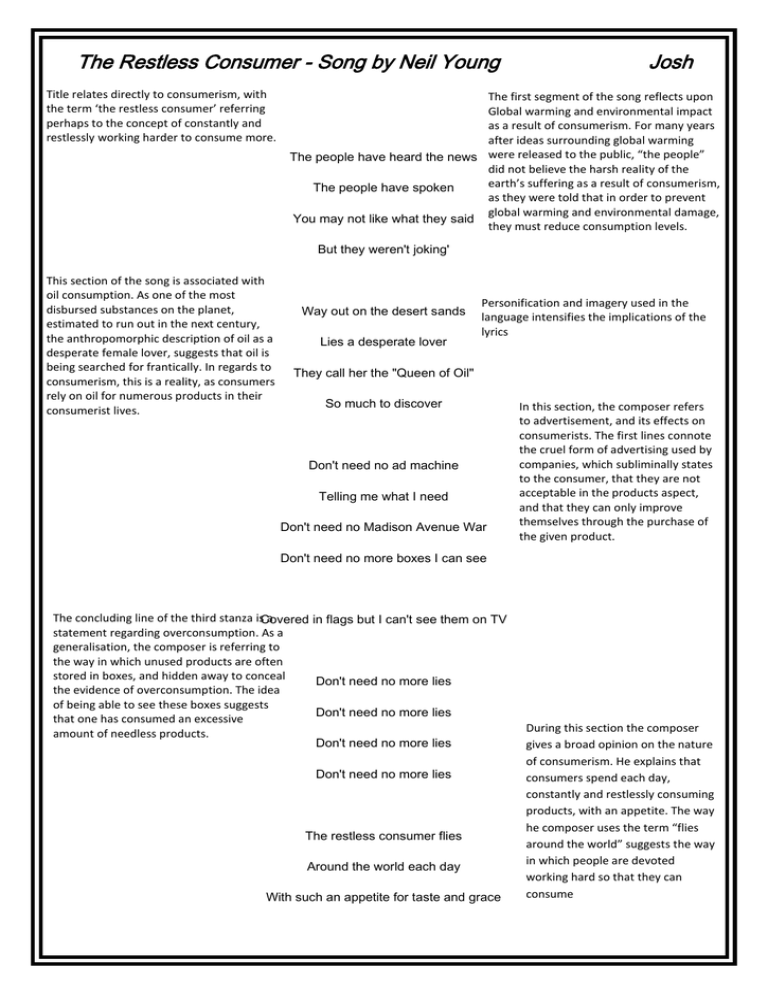
The Restless Consumer - Song by Neil Young Title relates directly to consumerism, with the term ‘the restless consumer’ referring perhaps to the concept of constantly and restlessly working harder to consume more. Josh The first segment of the song reflects upon Global warming and environmental impact as a result of consumerism. For many years after ideas surrounding global warming The people have heard the news were released to the public, “the people” did not believe the harsh reality of the earth’s suffering as a result of consumerism, The people have spoken as they were told that in order to prevent global warming and environmental damage, You may not like what they said they must reduce consumption levels. Rushton But they weren't joking' This section of the song is associated with oil consumption. As one of the most disbursed substances on the planet, estimated to run out in the next century, the anthropomorphic description of oil as a desperate female lover, suggests that oil is being searched for frantically. In regards to consumerism, this is a reality, as consumers rely on oil for numerous products in their consumerist lives. Way out on the desert sands Lies a desperate lover Personification and imagery used in the language intensifies the implications of the lyrics They call her the "Queen of Oil" So much to discover Don't need no ad machine Telling me what I need Don't need no Madison Avenue War In this section, the composer refers to advertisement, and its effects on consumerists. The first lines connote the cruel form of advertising used by companies, which subliminally states to the consumer, that they are not acceptable in the products aspect, and that they can only improve themselves through the purchase of the given product. Don't need no more boxes I can see The concluding line of the third stanza isCovered a in flags but I can't see them on TV statement regarding overconsumption. As a generalisation, the composer is referring to the way in which unused products are often stored in boxes, and hidden away to conceal Don't need no more lies the evidence of overconsumption. The idea of being able to see these boxes suggests Don't need no more lies that one has consumed an excessive amount of needless products. Don't need no more lies Don't need no more lies The restless consumer flies Around the world each day With such an appetite for taste and grace During this section the composer gives a broad opinion on the nature of consumerism. He explains that consumers spend each day, constantly and restlessly consuming products, with an appetite. The way he composer uses the term “flies around the world” suggests the way in which people are devoted working hard so that they can consume People from around the world Need someone to listen We're starving and dying from our disease We need your medicine How do you pay for war And leave us dying' ? When you could do so much more You're not even trying' Don't need no TV ad Telling' me how sick I am Don't want to know how many people are like me Don't need no dizziness Don't need no nausea Don't need no side effects like diarrhea or sexual death Don't need no more lies Don't need no more lies Don't need no more lies Don't need no more lies The restless consumer lies Asleep in her hotel With such an appetite For anything that sells through the consumption of military needs, and the overall effect that consumerism has on one’s happiness and life. a consumerist is dominated by the constant thought of purchasing products, even during sleep. The use of the word appetite compares ones hunger for food, to the desire of consuming. Don't need no more lies. In “The restless consumer” composer Neil Young positions the audience to view consumerism in the reality of each of its negative aspects, socially, economically, and environmentally. It speaks little of the positive aspects of consumerism, and therefore pitches the viewer against consumerism.
